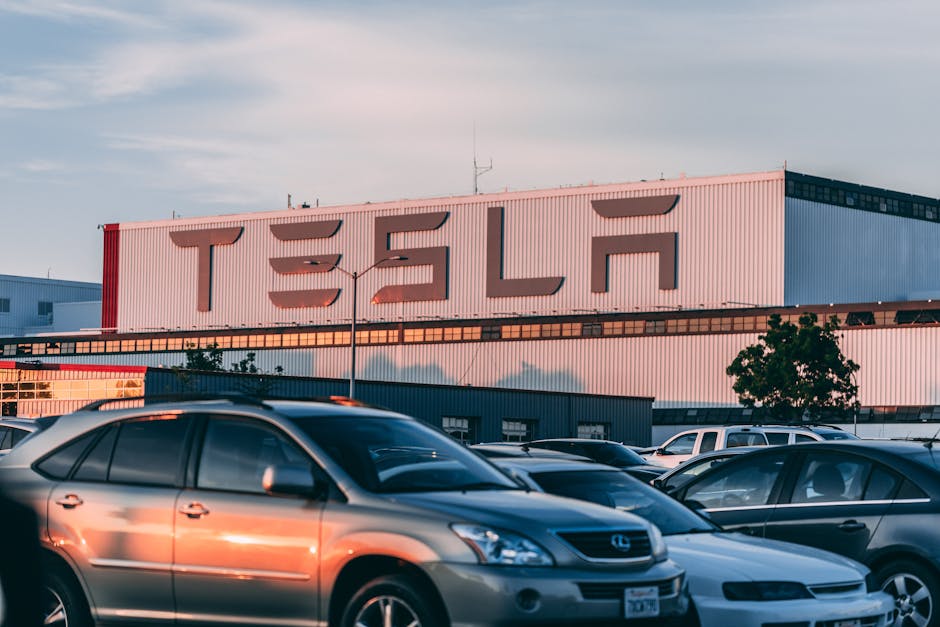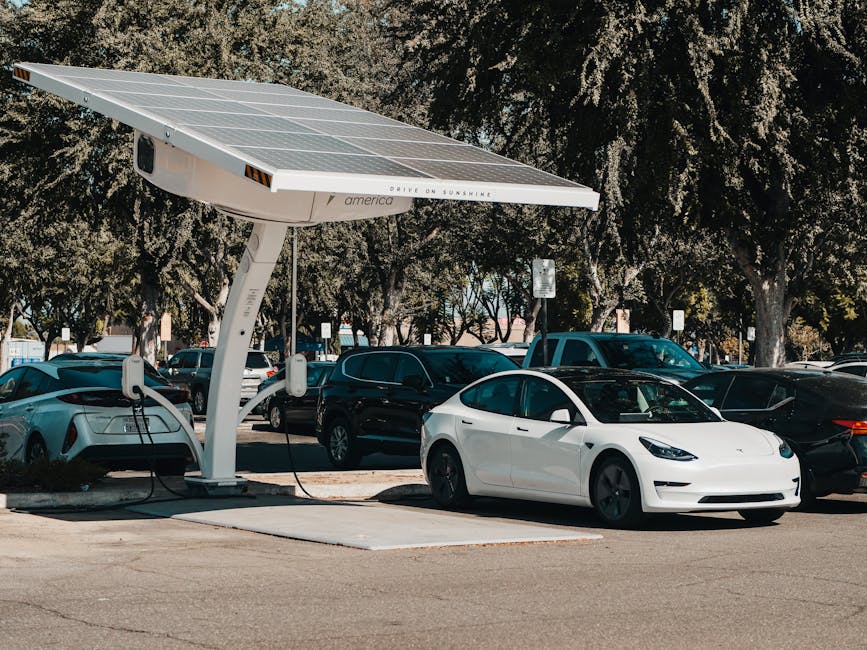Electric Cars vs. Hybrid: What’s Best?
Are you considering switching to an electric or hybrid car? you’re not alone! Many people are asking themselves this question as they look for greener alternatives to traditional gasoline vehicles. Lets break down the details to help you decide which option might be best for you.
Did you know that electric vehicles (EVs) are becoming more popular? According to a report from the International Energy Agency, sales of electric cars surged by 40% in 2020 alone. More people are realizing the benefits of going electric and hybrid.
What Are Electric Cars?

Electric cars run solely on electricity. They use large batteries to power an electric motor. You charge them at home or at a charging station. Imagine plugging in your phone; charging an electric car is similar!
Here are some key features of electric cars:
- Zero Emissions: Electric cars produce no tailpipe emissions, making them environmentally friendly.
- Lower Fuel Costs: Charging an electric car is often cheaper than buying gas.
- Quiet Operation: They are much quieter than regular cars, providing a peaceful drive.
- Incentives: Many governments offer tax credits and rebates for buying electric vehicles.
What Are Hybrid Cars?

Hybrid cars combine a gasoline engine with an electric motor. This system allows them to use less fuel than traditional cars. They switch between the two power sources based on driving conditions.
Here are some features of hybrid cars:
- Better Fuel Efficiency: Hybrids generally get better mileage than gasoline cars.
- Regenerative Braking: They can recharge their batteries while slowing down, capturing energy that would otherwise be wasted.
- Longer Range: Hybrids can drive longer distances without needing a charge, thanks to their gasoline engines.
What Are the Main Differences?

Now that we understand electric and hybrid cars, lets compare them directly. Here’s how they stack up:
- Energy Source: Electric cars use only electricity, while hybrids use both electricity and gasoline.
- Charging: Electric cars need to be plugged in, whereas hybrids can refuel at any gas station.
- Emissions: Electric cars are completely emissions-free, while hybrids still produce some emissions.
- Maintenance: Electric cars generally need less maintenance because they have fewer moving parts.
Which Option Is More Eco-Friendly?

When it comes to being green, electric cars take the lead. They produce no emissions during use. However, the environmental impact depends on how electricity is generated in your area. If your electricity comes from renewable sources, your car is even cleaner!
On the other hand, hybrid cars still use gasoline, which contributes to pollution. However, they do help reduce overall fuel consumption and emissions compared to traditional vehicles.
What About Cost?
Cost is a significant factor in making your decision. Electric cars can have a higher upfront cost, but many states offer incentives that can help. Youll also save money on fuel and often maintenance over time.
Hybrids may have a lower initial price, but you’ll still spend money on gas. In the long run, electric cars can be cheaper.
What Are the Charging Options?
Charging an electric car can be straightforward. You can charge it at home overnight, similar to charging your smartphone. Public charging stations are also available, and many grocery stores or parking lots have them.
For hybrids, you don’t have to worry about charging. They refill like traditional cars, using gas stations. This makes them convenient for long trips or for those who may not have easy access to charging stations.
What Are the Driving Experiences Like?
Driving an electric car is often a smooth and quiet experience. Many electric vehicles have instant torque, which means they can accelerate quickly. Imagine stepping on the gas in a sports car; that’s the thrilling feel of an electric car!
Hybrids offer a mix of both worlds. They can feel like regular cars but often switch to electric power when stopped or at low speeds, providing a quiet ride.
What Do Experts Say?
Experts in the automotive industry suggest that the best choice depends on your lifestyle. According to the U.S. Department of Energy, If you have a long daily commute and easy access to charging, an electric car might be the best fit.
However, if you drive long distances often and may not find charging stations, a hybrid could be more practical.
Common Questions About Electric and Hybrid Cars
Are electric cars slow?
Not at all! Many electric cars can accelerate faster than traditional cars. They offer a unique driving experience with quick response times.
How long does it take to charge an electric car?
Charging times vary. A standard home charger may take 6-8 hours for a full charge, while fast chargers can do it in about 30 minutes.
Can I use a hybrid for towing?
Some hybrids can tow small trailers, but they typically have lower towing capacities than traditional trucks. Always check the manufacturers specifications.
What Should You Consider Before Buying?
Before making a decision, think about:
- Your driving habits: Do you drive long distances or mainly around town?
- Charging access: Do you have a garage or nearby charging stations?
- Your budget: Are you okay with a higher upfront cost for long-term savings?
- Environmental impact: How much do you value reducing carbon emissions?
Conclusion: Choosing What’s Best for You
Both electric and hybrid cars offer unique benefits. Electric cars are best for those looking to minimize emissions and save on fuel in the long run. Hybrids are great for those who want better fuel efficiency without the hassle of charging.
Remember, theres no one-size-fits-all answer. Evaluate your needs, driving habits, and budget to find the best fit for you. Whichever you choose, you’re making a step toward a greener future!
For more in-depth information on electric vehicles, check out Energy.gov’s guide on electric vehicles. If you want to learn more about hybrid cars, visit our post on the benefits of hybrid cars.



